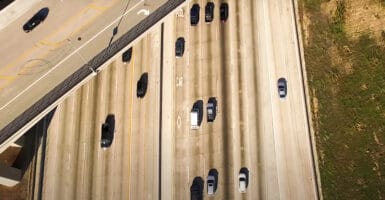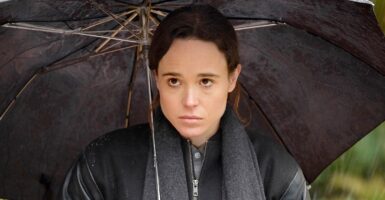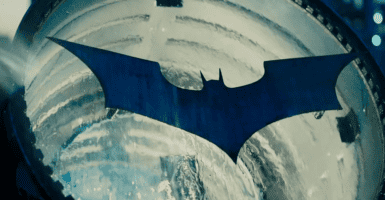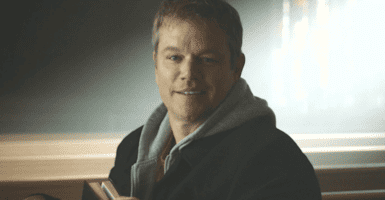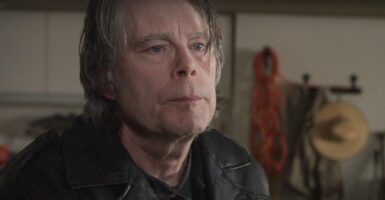Nintendo Switch N64 Games Come Under Heavy Criticism
Nintendo Switch N64 games are not getting a free ride from players and critics!
This article is more than 2 years old
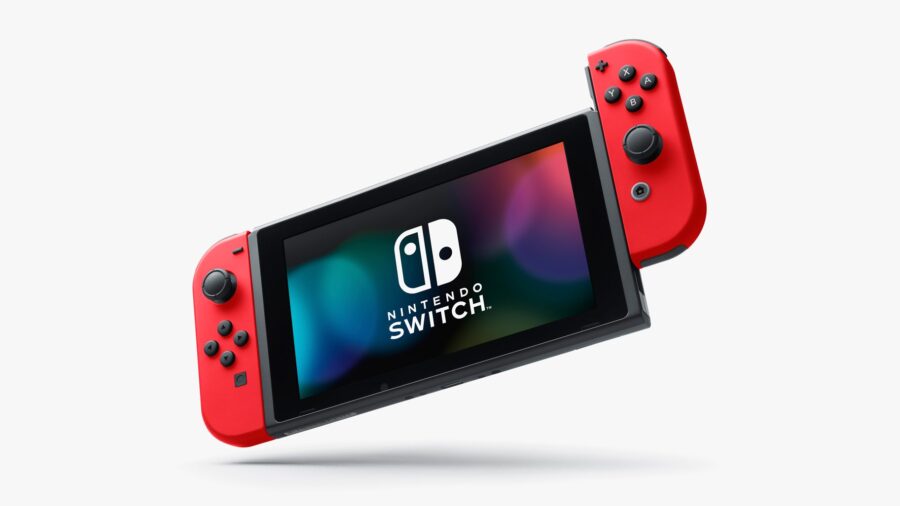
Licensed emulations of popular Nintendo 64 games have finally crash-landed on the Switch after months of speculation, Kotaku’s Ethan Gach reports, and the crater has only dipped since. The feature arrived on Nintendo Switch Online (NSO) on Monday and patrons are already screeching for their 50 bucks back less than 12 hours after release. Not a promising first week for the platform’s first major NSO expansion pack since debuting on September three years ago. Check out the official Nintendo Switch N64 announcement on the company’s official YouTube channel below:
Switch Online has been the Nintendo Entertainment System (NES) and Super Nintendo Entertainment System’s (SNES) primary carrier since the hybrid console came out a year prior. It was bundled into NSO’s original $20 per year (or conversely, $4 per month) membership plan and was offered to paid subscribers for free. The database would make regular updates and compound the inventory accordingly, essentially keeping the novelty fresh. Emulations used to comprise 90% of Nintendo games being pirated, but with Nintendo’s upper echelons providing complete access for free, bootlegging no longer felt justified — even from an indie developer’s standpoint. And the Nintendo Switch’s highly-publicized N64 touch-up happens to be the one experimental entry in an ongoing multi-point plan that may include Game Boy and Game Boy Color games in the near future.
After three years of sagaciously recycling the NES and SNES’s long and storied history for only 20 bucks a year, Nintendo decided to capitalize on the success of earlier emulations by proposing Switch Online’s first premium upgrade: for $50 per year, Nintendo Switch players may avail of classic Nintendo 64 and Sega Genesis games in addition to a brand-new Happy Home Paradise DLC for Animal Crossing: New Horizons. Those with multiple users in the same household can purchase the family price, which is $80 per year for up to eight paid Nintendo account holders. And yes, online play up to four players is a thing.
It’s a clever marketing ploy meant to shoehorn Animal Crossing’s dedicated fanbase into paying extra for a comprehensive DLC it can’t ignore, and the Nintendo Switch’s N64 and Sega Genesis offerings along with it. Unlike the NES and SNES, which are basically handhelds in console bodies, the Nintendo 64 and Sega Genesis are straight-up consoles from the same era as the first PlayStation. And executives know consumers are savvy enough not to hand over an extra $30 for nine N64 games (and 14 Sega Genesis classics) that may or may not have ported properly.
And they were right. Though the Sega restorations have mostly gone smoothly, the first Nintendo Switch batch of emulated N64 titles didn’t survive the move from the 90s to the early 2020s without a considerable hiccup. Every single port is rife with performance issues and early birds have been tweeting out complaints since. And why wouldn’t they? As attractive as they are, Nintendo’s premium offerings reek of rushed deadlines and desperate cash grabs.
The new frame rate is running poorly on updated hardware, resulting in choppy visuals and virtually unplayable software. Fog, textures, and distance between characters have suffered, and when there’s insufficient fog limiting vision, uglier areas of the game are needlessly exposed, making for a three-dimensional experience worth chucking out the window. The input lag is equally ludicrous, a flaw made worse with an unwired Switch Pro controller; in the case of The Legend of Zelda: Ocarina of Time, it takes several extra frames for Link to use his sword after pressing the required button. Developers reportedly use a “perfect sync” netcode to create the Nintendo Switch’s version of the N64; this pauses gameplay whenever a new user logs on, resulting in lag while playing online and severe latency problems.
A handful of other tech choices make no sense; for instance, despite playing on new-generation hardware, the Nintendo Switch’s N64 take on Mario Kart 64 still requires a Controller Pak to access ghost trials and save applicable race data. Button layouts are also dismally counterintuitive. The Nintendo 64 has six buttons on the right: A, B, and four directional C’s. The Switch only has four: A, B, X, and Y. Devs adjusted by working two C buttons into X and Y, leading to awkward button placement and making N64 games like Sin and Punishment (which, under the Switch layout, prevents players from firing and moving right at the same time) unplayable.
A Nintendo Switch-approved N64 controller (and a Sega Genesis equivalent, for anyone still interested) is available for purchase at $50 a pop, but would you really want to stretch your wallet after such a disappointing premium reveal? We didn’t think so. The N64’s original 4:3 aspect ratio was by far the easiest to maintain, and yet the all-black borders look hideously burned through in the Nintendo Switch’s new OLED screen.
Overall, it’s an unexpected speed-bump after three years of problem-free NES and SNES gameplay, and one Nintendo can’t afford to fester. A comprehensive new patch is in order; a technical glitch of Diablo II: Resurrected’s caliber would only hurt the Switch in the long run. The Nintendo Switch’s current N64 offerings are Dr. Mario 64, Mario Kart 64, Mario Tennis, Sin and Punishment, Star Fox 64, The Legend of Zelda: Ocarina of Time, Win Back: Covert Operations, and Yoshi’s Story, with more to come later. For Sega Genesis games available at launch, check the full list here.

